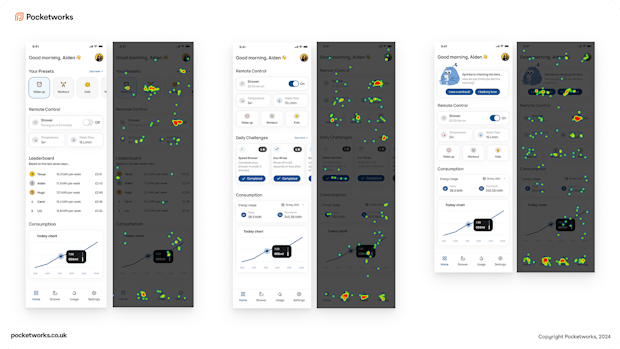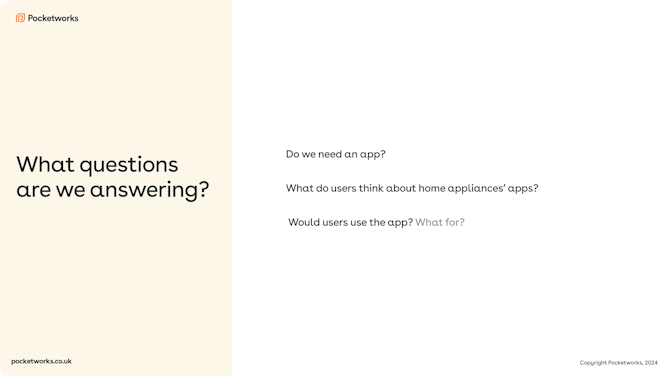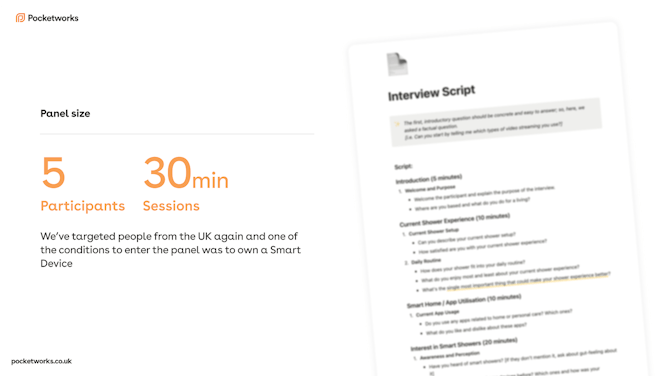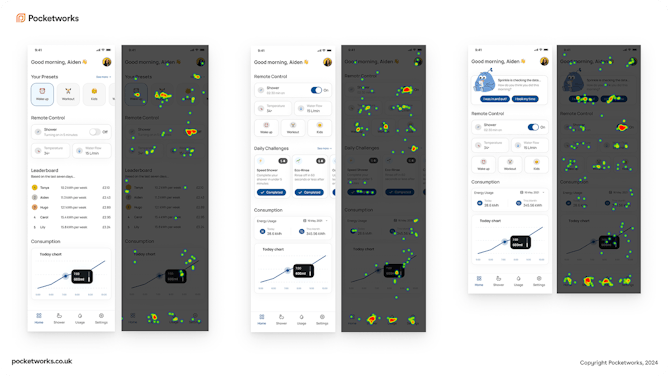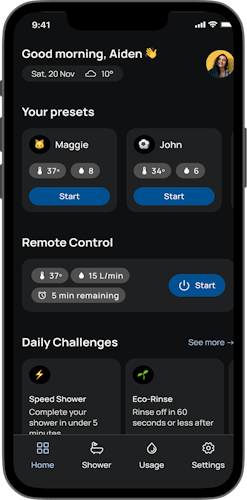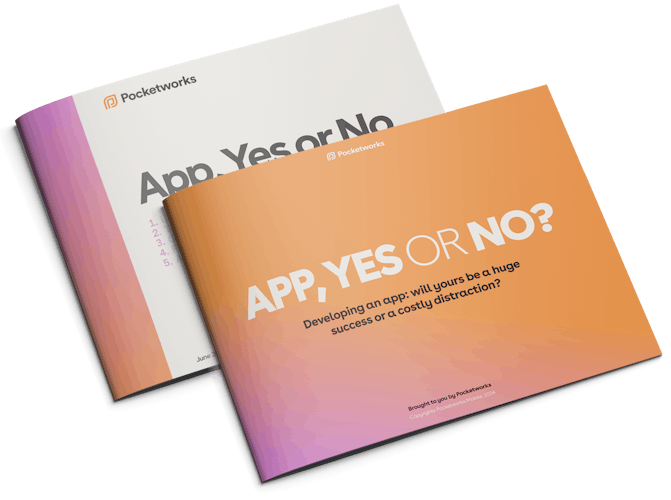The Challenge
British households love showers (67 million of them, averaging eight minutes every day), yet rising energy costs and looming water‑scarcity targets demand shorter, smarter routines. Triton wanted proof that a digital product could nudge behaviour, save money, and still feel joyful for every family member.
The Market Reality
- £8 billion projected UK smart‑appliance revenue by end‑2024, growing 11.6 % CAGR through 2028.
- 50 % of UK residents already own a smart speaker; 70 % talk to a voice assistant monthly.
- Only 25 % of Wi‑Fi households have a smart thermostat, that’s evidence that “smart bathroom” is still open territory.
